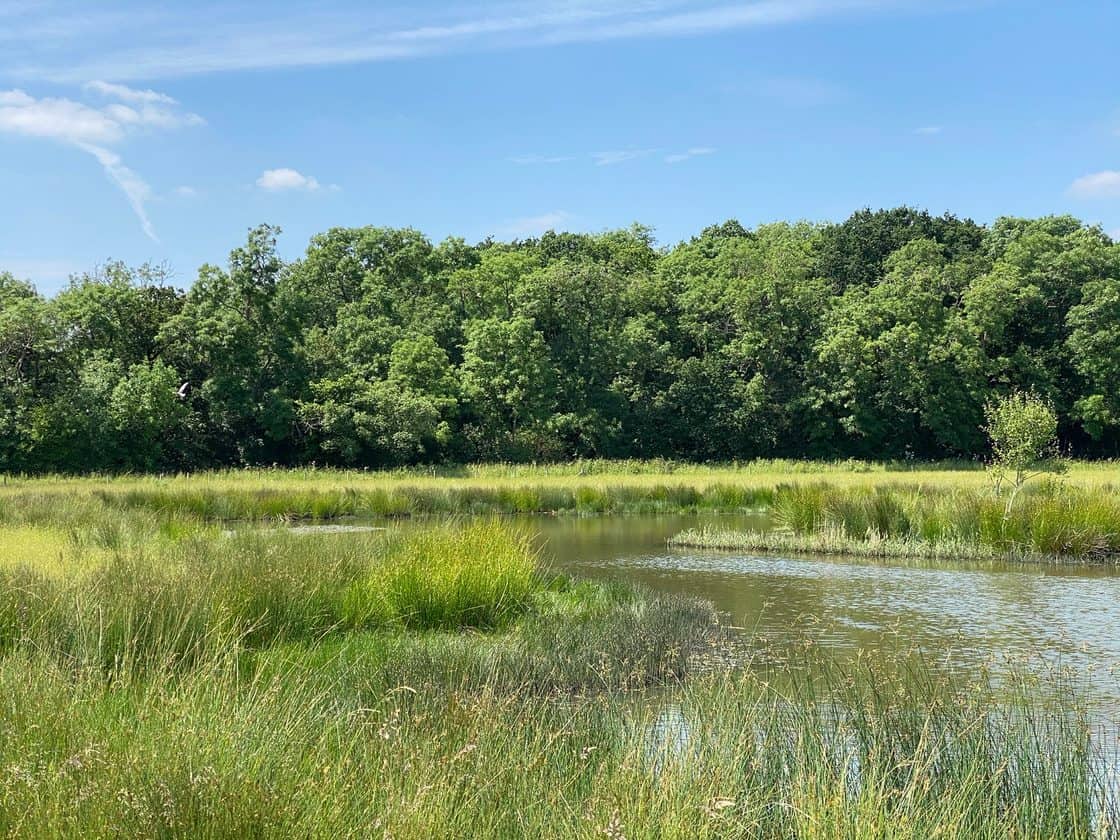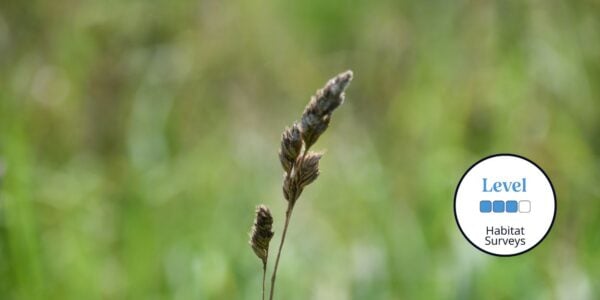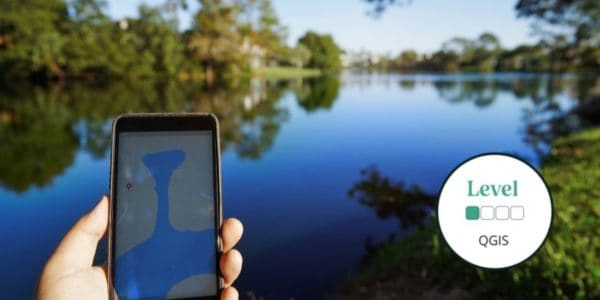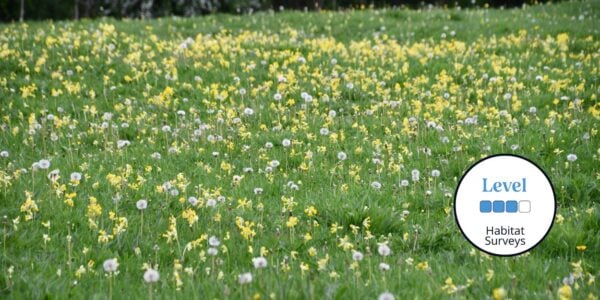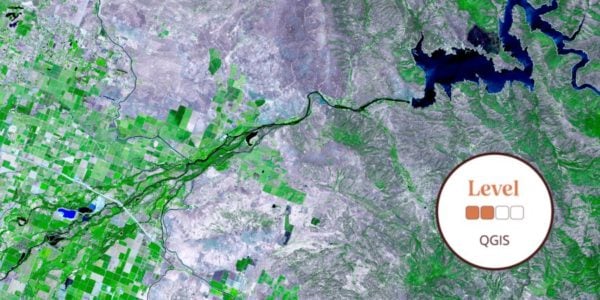This day course will introduce you to approaches to UK habitat surveying with a particular focus on UKHAB as the new unified approach to classifying and recording sites.
Expert ecological consultant trainers will lead the day and support you in building your awareness of different habitat types. You will be guided in building basic botanical skills to support habitat surveying, and coding and mapping methodology for grasslands and woodlands will be demonstrated out in the field by your expert tutor.
This course is aimed at adults only and must be at least 18 years old to attend.
What will the day involve?
- You will learn about several different UK habitats and their conservation status
- You will be introduced to basic botanical skills to support habitat surveying
- Practical experience in the field looking at commonly encountered plant species indicative of grassland and woodland habitats
- Practical experience in the field of UKHAB coding and mapping methodology demonstrated by an expert tutor
- A chance to meet fellow like-minded people from a range of different disciplines
Location
This course takes place at Doddington Hall.
Doddington Hall is situated on the outskirts of Lincoln:
Doddington Hall & Gardens
Main Street
Doddington
Lincoln
LN6 4RU
Course fees
If you are aged 18-25 please select Adult (Option 1) £10
If you are aged over 25 please select Adult (Option 2) £30
The course fees are subsidised by the Wilder Connections project and reduced from the normal cost of £60.
Tutor: Laurie Wildwood
Laurie Wildwood is a professional Ecological Consultant and botany tutor who, with his refreshing approach, aims to inspire adults and children to explore and appreciate the natural world. His professional background is in ecology, conservation and habitat management.Progress Your Learning
This is a training course from the Field Studies Council, delivered by expert tutors with an approachable learning style. After attending this course, you may like to progress your learning with further relevant courses or branch out into other areas of natural history. The Field Studies Council offers both online and in person courses, so you can choose the learning style that suits you best.
The course gives you the opportunity to immerse yourself in a new subject and acquire novel skills. Our online portal gives you time to study at your own pace and fit the lessons around your own schedule.
If you have any questions about our courses please check our Frequently Asked Questions or email [email protected].
Group Bookings Made Easy
If you have a group of 10 or more individuals wanting to complete one of our courses, our team are available to discuss your options – from discounts to private team courses. Find out more!
You can rest assured that the absolute best content from an expert in environmental education will be at your fingertips. In choosing a Field Studies Council course, you will be joining thousands of people who learn with us each year.
Example Timetable
Please arrive in time for the course to start promptly at 10:00am.
Refreshments will be available from 9.45am.
Morning
10:00-10:45
An introduction to UK Habitat Surveying
After this session, you will be able to: understand several different UK Habitats and their conservation status.
10:45-12:00
Introduction to botanical skills for habitat surveying
This session will introduce anatomy, terminology, and commonly encountered species indicative of different grassland and woodland habitats.
Lunch - not included
12:00 – 13:00
Afternoon
13:00-14:30
Field session exploring grassland and woodland habitats, looking out for commonly encountered species indicative of different types
We will identify plant species in a suitable location to introduce the concept of habitat parcels (observing broad changes: colour, texture, and structure) and introduce the idea of identifying the parcel boundaries.
14:30 – 15:00
UKHAB: Introduction to the UK Habitat Classification
After this session, you will be able to: understand why the UKHAB survey was developed, where it can be applied, its format, and what resources are available.
You will also build awareness of coding and mapping protocol.
15:00 – 16:15
Field session to look at habitat parcels and how they are mapped
Your tutor will model a worked example of UKHAB classification.
16:15- 16:45
Using habitat surveying for environmental audit
After this session, you will be able to: understand how surveys are used by ecological consultants and the types of survey they might be required to carry out including Phase1, NVC, and UKHAB.
16:45 – 17:00
Opportunity to ask questions / Debrief
What's Included
Lunch/refreshments are not included but there is an excellent on site cafe.
Bursaries and Subsidies
This course is subsidised by the Wilder Connections project funded by the National Lottery Heritage Fund.
- Aged 18-25: £10
- Over 25's: £30
Reduced from normal course price of £60.
Please select the correct option when booking.
Before You Attend
What to bring
- Desirable to bring any personal field equipment you have such as a hand lens, notebook and pencil, botanical ID guide, binoculars and Tupperware/plastic bags for collecting specimens.
- A digital download of UKHAB field key and habitat descriptions would also be useful but not essential.
- Please dress appropriately for the weather as much of the afternoon will be spent outdoors in grassland and woodland.
Directions
Please find details of travelling to Doddington Hall on their website.
Meeting point at the start of the course is outside the cafe.
Sorry this course booking is closed

